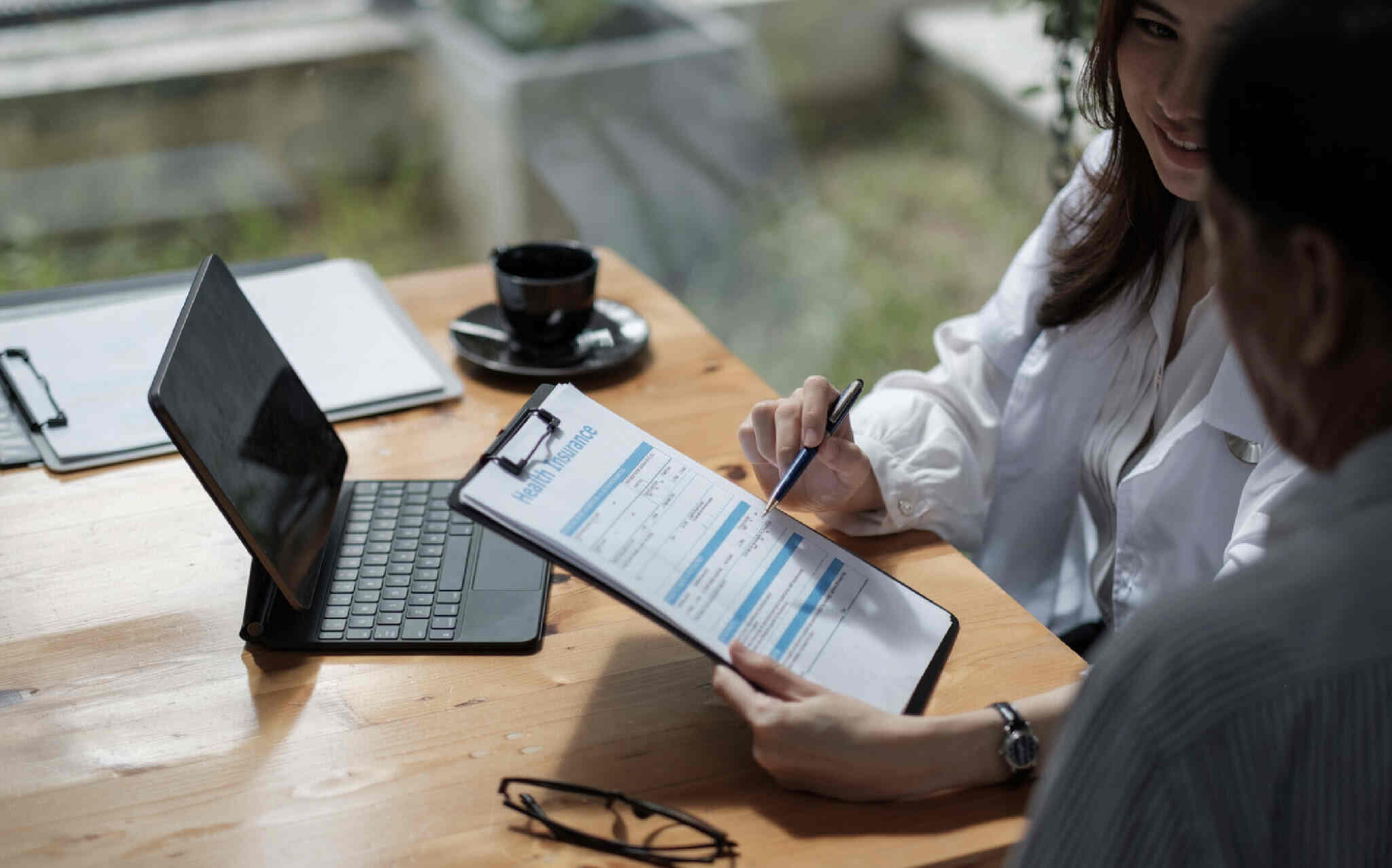Do you find yourself endlessly scrolling for hours? When was the last time you spent actual time away from your phone? The average mobile phone user checks their phone up to 58 times a day, and Americans spend an average of 5 hours and 25 minutes on their mobile phones daily; this does not include computer or television screen time.
Unsurprisingly, we spend too much time looking at screens, whether for work, online shopping, gaming, scrolling, or communicating; too much screen time can take its toll on your mental health. The more time we engage with our phones, the less time we engage with our loved ones, spend time outdoors and intentionally live in the present moment.
Plenty of research has been done to prove that too much screen time negatively affects our mental health. Too much screen time is linked to depression, anxiety, emotional dysregulation, sleep problems, and loneliness, so doesn’t it make sense to unplug our mental health?
Digital detox refers to the intentional act of spending more time away from your phone, and you may even opt to disconnect completely. A digital detox can allow you to reconnect with your true self by calming down your nervous system and reducing your stress levels, allowing you to be more present with yourself and others.
Signs you need to adopt a digital detox
If using electronics, including social media, causes you to experience the following, it may be time you need to take a break from your digital devices:
- Difficulty sleeping or interrupted sleep
- Increased irritability, frustration, and anger
- Comparing yourself to others on the internet causes feelings of insecurity
- Depressed mood
- Needing to check in, respond, or engage online
What are the mental health benefits of a digital detox?
- Improve social connections: If your nose is not buried in your smartphone, you will have more time to engage with others around you. Whether chatting with a stranger in the checkout aisle, having a dinner conversation with a loved one, or getting to know a new friend, not having your phone as a distraction can create more opportunities to bond with and pay attention to those around you.
- Improve sleep: Increased screen time negatively affects our sleep patterns, including the time it takes to fall asleep, less time staying asleep, and potential sleep disturbances such as bad dreams. Unplugging from your phone in the form of a social detox means that you can take time to regulate your sleep hormones because you will have less blue light exposure throughout the day. Blue light is not only emitted from the sun during the day but it is also emitted from our smart devices. The more blue light emitted from your smart devices at night, the less melatonin is released, and your body is tricked into thinking it is daytime instead of nighttime, which can cause a description of your sleep cycle and sleep quality.
- Increase your productivity: By spending less time on your smart devices and not having the urge to “constantly check in,” you will notice that you will have a lot more free time, and if you spend this free time appropriately, you may notice that you are more productive in your daily tasks. You may see an increase and improvement in your work performance, even decide to start a side hustle, or you may be able to devote more time to your passions and hobbies that have been neglected because of too much screen time.
- Live in the present moment: By taking a digital detox, you may be able to focus more on your current surroundings. You may find that your focus has improved, and you are less distracted. You may become more attuned with your senses, enjoy your meals more, feel the sun on your skin, smell the fresh air, etc.
- Decrease stress: Studies have shown that approximately 20% of Americans who engage in online technology report levels of high stress, and people who refrain from using social networking channels for at least one week report less stress. “A three-year longitudinal study conducted among adolescents found using cell phones to be a significant predictor of depression in emerging young adults. Furthermore, adults’ excessive cell phone usage was associated with depressive mood, anxiety, and loneliness. Interestingly, users spending excessive time on a cell phone had higher stress levels” By taking a digital detox, you are more than likely to reduce your stress levels since you won’t be inundated with information, doom scrolling or comparing yourself to others on social media. By reducing your stress, you may be more content, and your mood is more regulated.
- Improve your self-esteem: Digital devices often mean social media, and we tend to compare ourselves to others on social media channels. By taking time away from our phones, we are comparing ourselves to others, and this time away can be used to reconnect with ourselves and feel better about who we are as individuals.
How do I start a digital detox?
- Make a plan: Think about why you want to try a digital detox; maybe you want to sleep better, stop comparing yourself to others, or spend more time on other projects. Whatever your reason is, write down the “why” and the goal you want to obtain from a digital detox.
- Set time limits: Maybe this means no screen time at night, no screen time on the weekends, or only 2 hours on your phone daily. Whatever time limit you choose to set, go slow at first, scale back, and be practical about your decisions. If you work remotely, you will have to check your email throughout the day, so try to be realistic about the limits you set.
- Have an accountability partner: It is always easier to obtain a goal when you have someone to help you along the way, whether they are giving you constructive criticism or positive support.
- Remove distractions: Delete or hide apps from your home screen, charge your phone outside of your physical reach, spend time in “no service areas” outside, and turn your phone off when you are at social gatherings or around people. When you physically distance yourself from your phone, the temptation to use your phone will dissipate.




